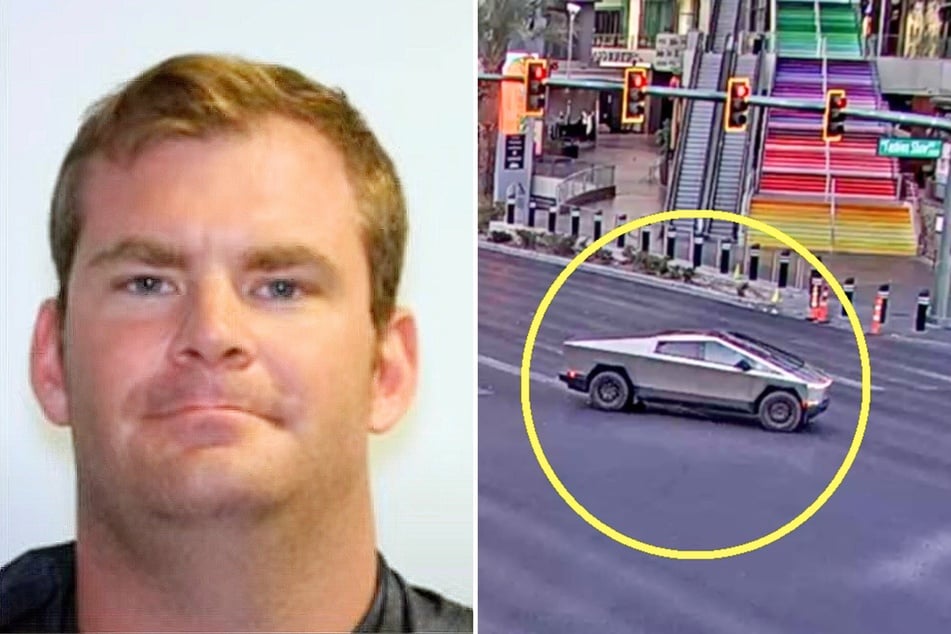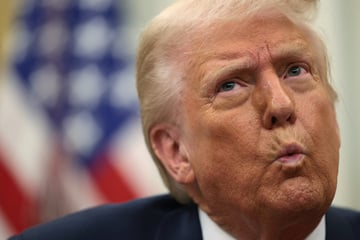Inside Cybertruck blast suspect's recovered letters: "This was not a terrorist attack, it was a wake-up call"
Las Vegas, Nevada - Matthew Alan Livelsberger, the man who recently detonated a Tesla Cybertruck filled with explosives in front of a Las Vegas hotel owned by Donald Trump, left behind letters about his motives.

According to 8News Now, investigators held a press conference on Friday, in which they shared two allegedly written by Livelsberger that were found on a note-taking app on his cell phone.
In one lengthy letter, Livelsberger said that America is the greatest country "to ever exist," but went on to admonish Americans for having a "lack of self-respect, [morals], and respect for others."
He argued Americans have "strayed" from family values, says the population is "too fat," and insists the US will go to war with multiple countries "before 2030."
"This was not a terrorist attack, it was a wake-up call," the letter stated. "Americans only pay attention to spectacles and violence.
"What better way to get my point across than a stunt with fireworks and explosives?"
Livelsberger went on to urge readers to "rally around" Trump, Elon Musk, and Health Secretary Robert F. Kennedy Jr., and "ride this wave to the highest hegemony for all Americans!"
He also kept various other notes on a variety of "grievances and issues, some political, some personal."
Another note titled "surveillance log" contained a "journal of activity" stretching back 10 days before the incident, which helped police confirm Livelsberger was behind the explosion.
Authorities emphasize that the incident has no link to terrorism
FBI Special Agent Spencer Evans said during the conference that it appears Livelsberger "considered, planned, and thoughtfully prepared for this act alone." He then emphasized that the incident is not being considered a terrorist attack.
"Although this incident is more public and more sensational than usual, it ultimately appears to be a tragic case of suicide involving a heavily decorated combat veteran who was struggling with PTSD and other issues," Evans explained.
Investigators are continuing to analyze Livelsberger's personal data, such as photos and videos, as well as his internet search history in an effort to further understand what drove him to his actions.
Cover photo: Collage: IMAGO / ZUMA Press Wire
